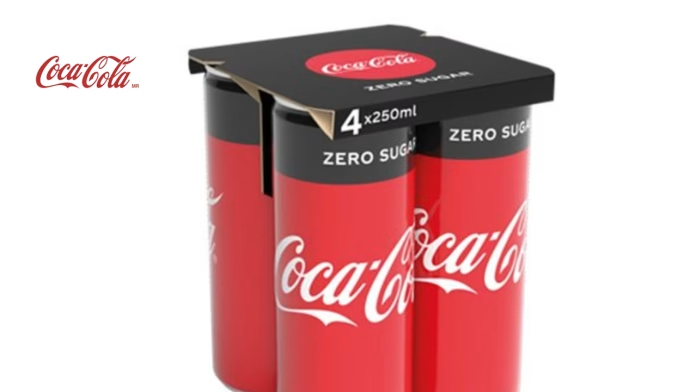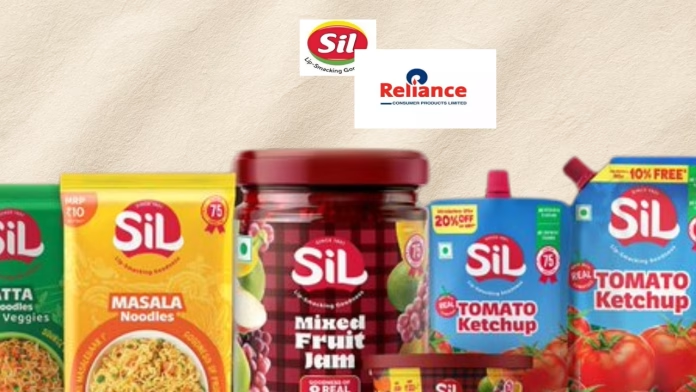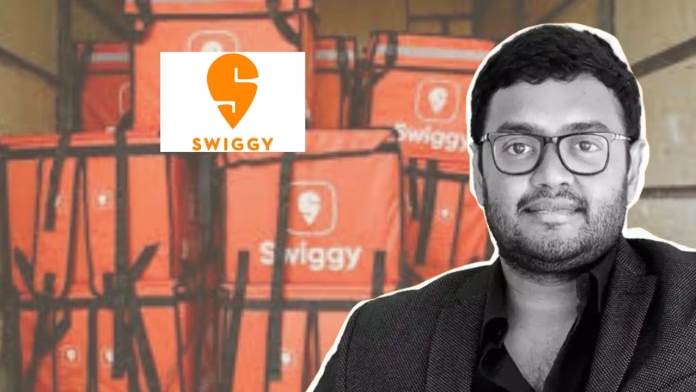SuperYou, the protein and wellness brand co founded by actor Ranveer Singh and entrepreneur Nikunj Bansal, has raised 7 million dollars in a fresh funding round led by V3 Ventures and Rainmatter. The round marks another strong vote of confidence in the young startup that is trying to make everyday nutrition more accessible and mainstream for Indian consumers.
The funding comes about a year after SuperYou raised capital from Zerodha founders Nikhil and Nithin Kamath, a move that had already put the brand firmly on the startup radar. With this latest round, SuperYou plans to deepen its presence across categories like protein bars, shakes, and functional foods, while also expanding its distribution footprint both online and offline.
SuperYou entered the market with a clear pitch. High quality protein does not need to feel intimidating, boring, or restricted to hardcore fitness enthusiasts. The brand has focused on clean labels, familiar Indian flavours, and easy to consume formats, aiming to appeal to a wider audience that includes first time protein users.
Ranveer Singh’s involvement has helped the brand cut through clutter in a crowded nutrition space, but the company’s early traction has largely come from product adoption and repeat customers. Industry observers note that SuperYou has benefited from growing awareness around fitness, protein intake, and preventive health, especially among younger urban consumers.
The fresh capital will be used to invest in product innovation, brand building, and strengthening supply chain capabilities. As competition in the protein and wellness segment continues to intensify, SuperYou is betting on strong branding combined with credible nutrition to scale sustainably.
With backing from prominent investors and a clear consumer focused approach, SuperYou appears well positioned to build a lasting presence in India’s fast evolving health and wellness market.










